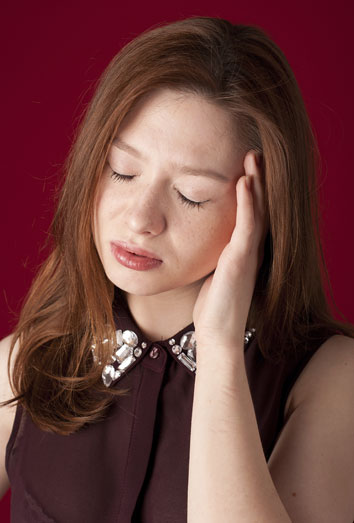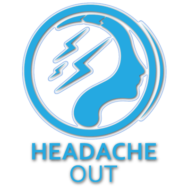According to neurologists, non-pharmacological treatments to combat headaches -what we commonly known as the placebo effect- can have a success rate of around 30% of cases, as long as they are followed for a minimum of three months. Although it may be easy to think about it, due to the popularity it seems to have nowadays, homeopathy is not the only remedy of this style that can be used as a way to alleviate migraines or headaches, but we must also take factors such as diet into account., relaxation techniques, sports activity or the body’s ability to recover.

Can the placebo effect cure headaches?
We could extend the well-known placebo effect to all those techniques that, without being scientifically based, give the impression to patients of ailments such as migraines or headaches that they are cured of their respective conditions. However, medical studies in this regard determine that, in no case, can these methods really cure a disease, although they can give a slight sensation of improvement at the mental level or provide some physical recovery in milder cases. In other words, strictly speaking, all those headaches that we believe to be recovered through alternative techniques to traditional medicine would have disappeared on their own with the mere passage of time.
As methods that act as a placebo effect on head ailments, we can include all those therapies related to body work, oriental medicine or mental work. One of the best-known fields in this sense is that of acupuncture, a technique that, although it has some supporters for the treatment of headaches, accumulates numerous studies that reject its validity for patients of this type.
Dietary therapies can also induce a placebo effect on the body in case of suffering from a headache. Experts say that the relationship between diet and migraines is greatly overestimated since, according to studies, there are very few cases in which eating food can trigger a condition like the one described.
